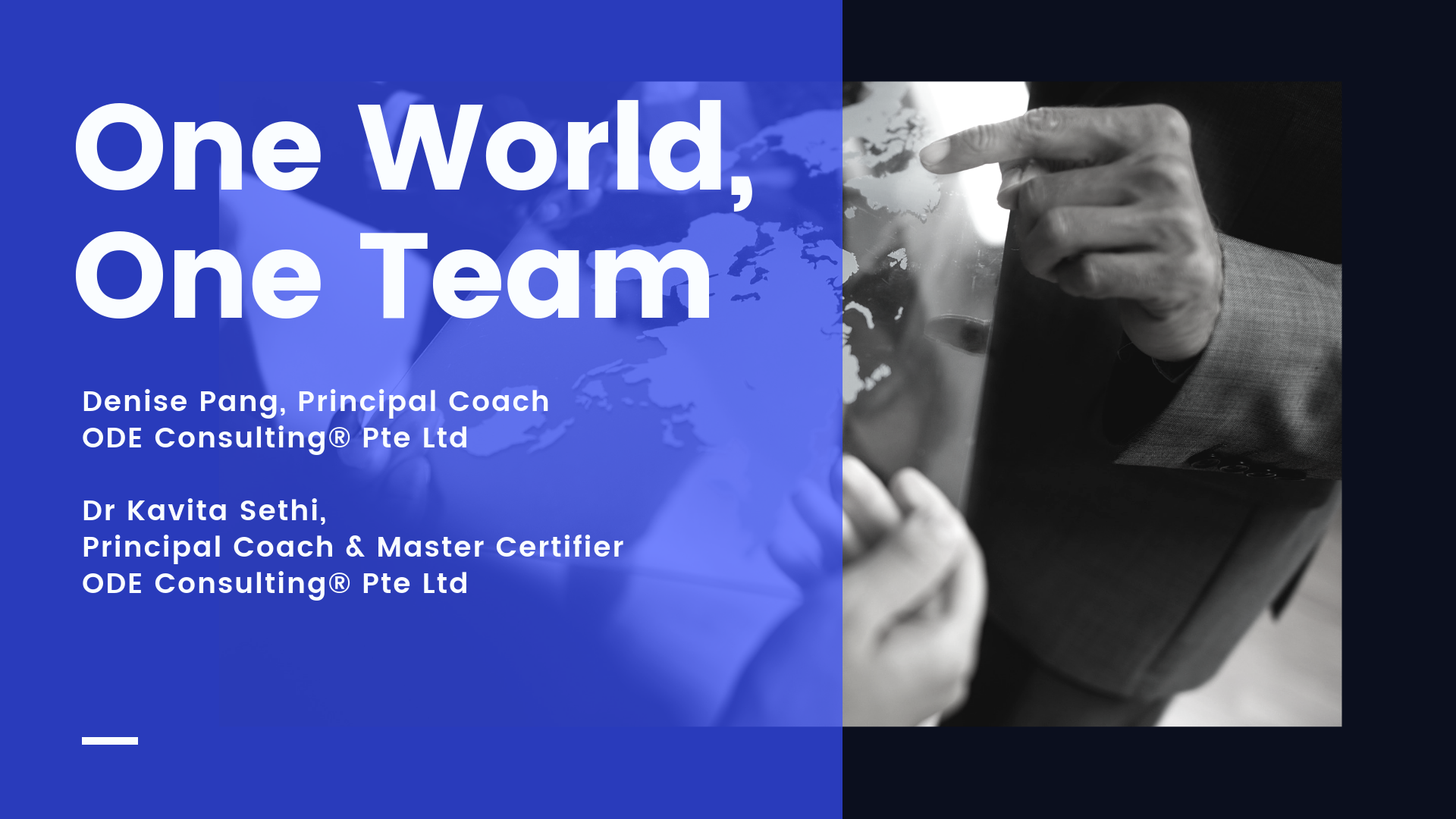Resources
The Transformative Power of Coaching in Organizations

In today’s complex and dynamic work environment, leaders are challenged daily to adapt and innovate while employees seek more meaningful roles and growth. Amidst these shifting priorities, coaching has emerged as a powerful approach that supports both individual and organizational growth. For organizations, the power of coaching lies in this fundamental belief: individuals have an innate capacity to shape their futures.
When leaders recognize this, organizations can move beyond transactional relationships and foster an environment where collaboration, engagement, and innovation can truly thrive.
Moving from Directive Management to Collaborative Growth
Traditional workplaces often relied on command-and-control models where managers instructed, and employees followed. But today’s workforce craves collaboration, autonomy, and purpose. Employees want to know that their voices are heard, that their ideas matter, and that their roles contribute meaningfully to the organization’s larger goals. Coaching within organizations makes this possible, shifting focus from task-driven management to personal and professional development that unlocks real potential.
When leaders adopt a coaching approach, they empower teams to take ownership of their growth, building trust and encouraging deeper engagement. Coaching isn’t about telling people what to do; it’s about sparking curiosity, exploring possibilities, and enhancing problem-solving skills. By fostering this open dialogue, organizations pave the way for more connected, purpose-driven teams.
Cultivating Resilience and Adaptability in Times of Change
Organizational agility—the ability to adapt, pivot, and respond to change—is not solely about strategies and processes. It’s about developing resilient, adaptable people who are prepared to tackle whatever challenges arise. Through coaching, organizations help employees develop self-awareness and flexibility, equipping them to face uncertainties with confidence. When individuals learn to navigate obstacles constructively, they contribute to an environment where innovation thrives, and setbacks are reframed as opportunities for growth.
Thomas J. Leonard, often considered the founder of modern coaching, captured this well:
“People don’t want to be managed. They want to be led.”
Coaching-based leadership doesn’t micromanage; it provides a safe space for experimentation, learning, and even failure. In organizations that embrace coaching, employees gain the confidence to approach problems creatively, ultimately fueling the organization’s ability to innovate and respond to change with resilience.
Enhancing Employee Engagement and Retention
When employees feel supported through coaching, they gain clarity in their roles and alignment with their personal and professional goals. This sense of purpose fosters engagement and retention, as employees see a clear connection between their development and the organization’s mission. Coaching conversations allow employees to explore their strengths, values, and aspirations, making them feel valued and understood. As a result, they become more motivated and committed to their roles and to the organization.
Conversely, organizations that neglect coaching risk high turnover and disengagement. Employees who feel disconnected from their growth and unappreciated in their roles often seek other opportunities. However, with a coaching culture, leaders can connect meaningfully with their teams, address concerns early on, and support pathways for ongoing development.
Developing Coaching Skills in Leadership
For coaching to truly make an impact, leaders themselves must embrace the practice. Coaching is often misunderstood as something best left to HR or external coaches, yet successful coaching cultures emerge when leaders at all levels participate. Leaders who coach bring empathy and curiosity to their daily interactions, modeling behaviors that encourage teams to do the same.
When organizations train leaders to coach, they initiate a powerful ripple effect. Skills like active listening, powerful questioning, and providing constructive feedback become part of the organization’s fabric, enabling richer, more effective communication. This isn’t just about improving employee satisfaction; it’s about creating an environment that supports personal and professional growth aligned with the organization’s broader goals.
Reflection for Growth and Impact
The real power of coaching in organizations is rooted in TRUST —trusting individuals to be resourceful, resilient, and capable. Coaching teaches both leaders and employees to trust themselves, each other, and their shared purpose. When organizations embrace a coaching culture, they replace fear-based management with trust-based development, leading to greater engagement, innovation, and resilience.
As you consider the potential of coaching in your organization, ask yourself:
- How might a coaching approach transform the way we address challenges and opportunities?
- In what ways can I, as a leader, encourage a culture of curiosity and growth?
- What can I do to make my team members feel seen, valued, and supported in their individual journeys?
These questions invite us to reflect on how coaching can be a powerful force for growth—not just for individuals but for entire organizations poised to adapt, thrive, and innovate.
Embark on a transformative journey with
an IAC
® Certified Coach
™
Insights
by Jane Hyun and Douglas Conant
Videos we Love
Geert Hofstede on Uncertainty Avoidance
Geert Hofstede introduces the cultural dimension “Uncertainty Avoidance” and gives examples of interesting correlations
Marie on Hofstede CWQ Testimonial
Hear our Associate, Marie, share the effectiveness of utilizing CWQ tool to manage high performing teams.
IAC ® Learning Circles
The IAC ® Learning Circle is a program to share knowledge, collaborate, and learn from the global community of coaches. It is a series of talks championed by Chapters across the globe, to share experiences, practices, and coaching tools.
Stay in the Loop
Keep up with the latest news in the coaching community!

Use ChatGPT to Market your coaching practice
There are many ways you can use AI, such as ChatGPT, to market your coaching practice.

Pros & Cons of coaching with aI
Do we need to be “super-coaches” to win over AI coaching?

The world’s first conversational aI coach
AIMY™ is the world’s first conversational AI coach, a prototype resulting from cutting-edge research.



